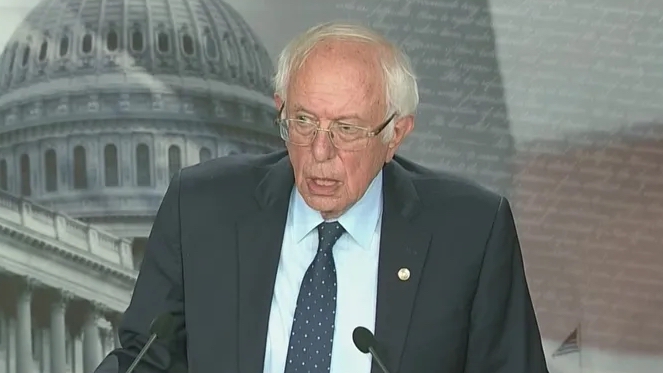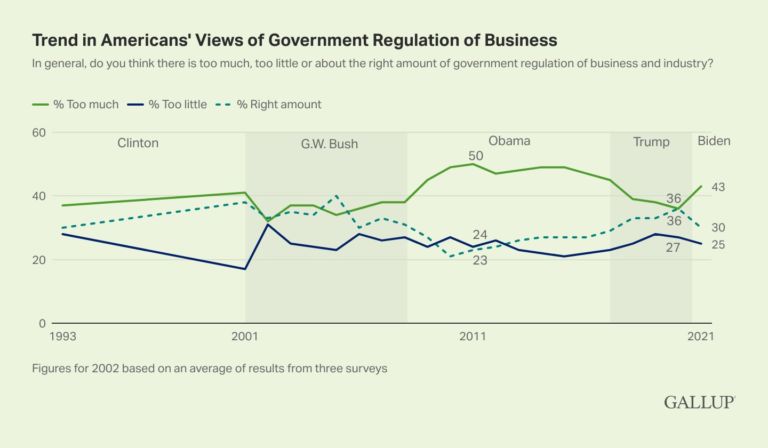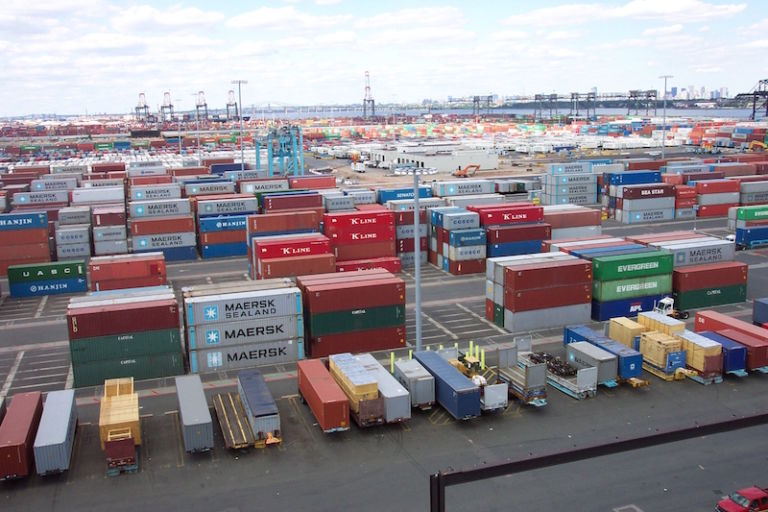Editors at Issues & Insight say yes. They understand the problems inherently linked to price-gouging laws.
When natural disasters threaten, governments are quick to roll out anti-price gouging laws. Josh Stein, the Democratic attorney general in North Carolina, which might take a hit from Hurricane Dorian, has already warned business that if they take “advantage of this storm” he will “hold them accountable.” He’ll be praised for protecting consumers when he should instead be held responsible for hurting them.
Even the Republicans, who should know better, are all in on anti-price gouging laws. Florida Attorney General Ashley Moody has issued a warning similar to Stein’s, while Georgia Gov. Brian Kemp has “enacted price gouging controls” in a dozen counties near the coast. South Carolina Gov. Henry McMaster has done the same for the entire state.
There is nothing humane about adopting price ceilings during times of disaster. When anti-price gouging laws are in effect, rather than protecting consumers, they ensure shortages of the goods that the victims of Hurricane Dorian need the most.
“Anti-price gouging laws are really ‘pro-shortage’ laws,” says economist Mark J. Perry.
Prices are more than a number attached to the things we buy and sell. They are signals. If prices are allowed to increase naturally, say for plywood, bottled water, gasoline, chain saws, flashlights, and other goods needed when disasters hit, that sends the message that more of those goods are needed in the stricken areas.
But when a politically driven ceiling is applied by government, those goods are quickly bought up, leaving many customers without the items they need to protect themselves and later to recover in the aftermath.


